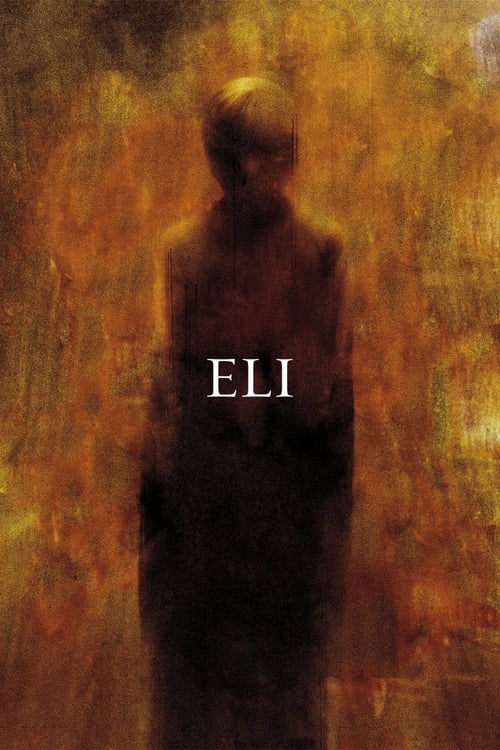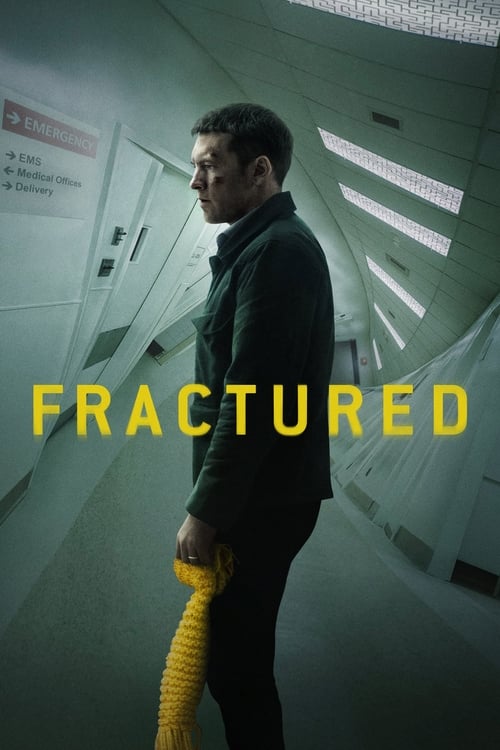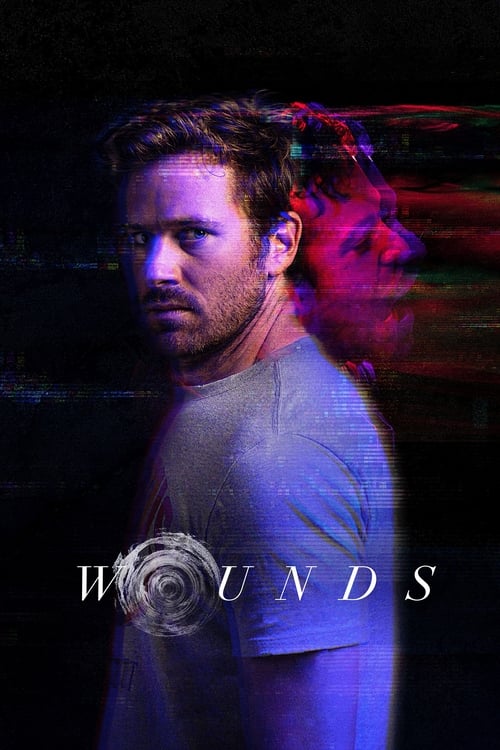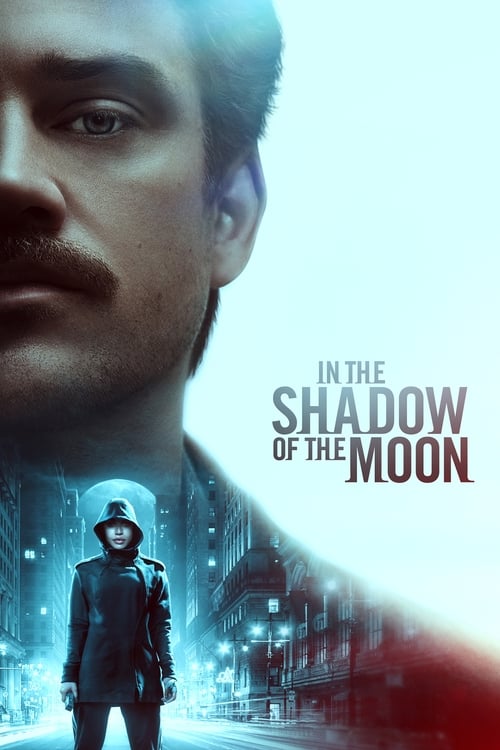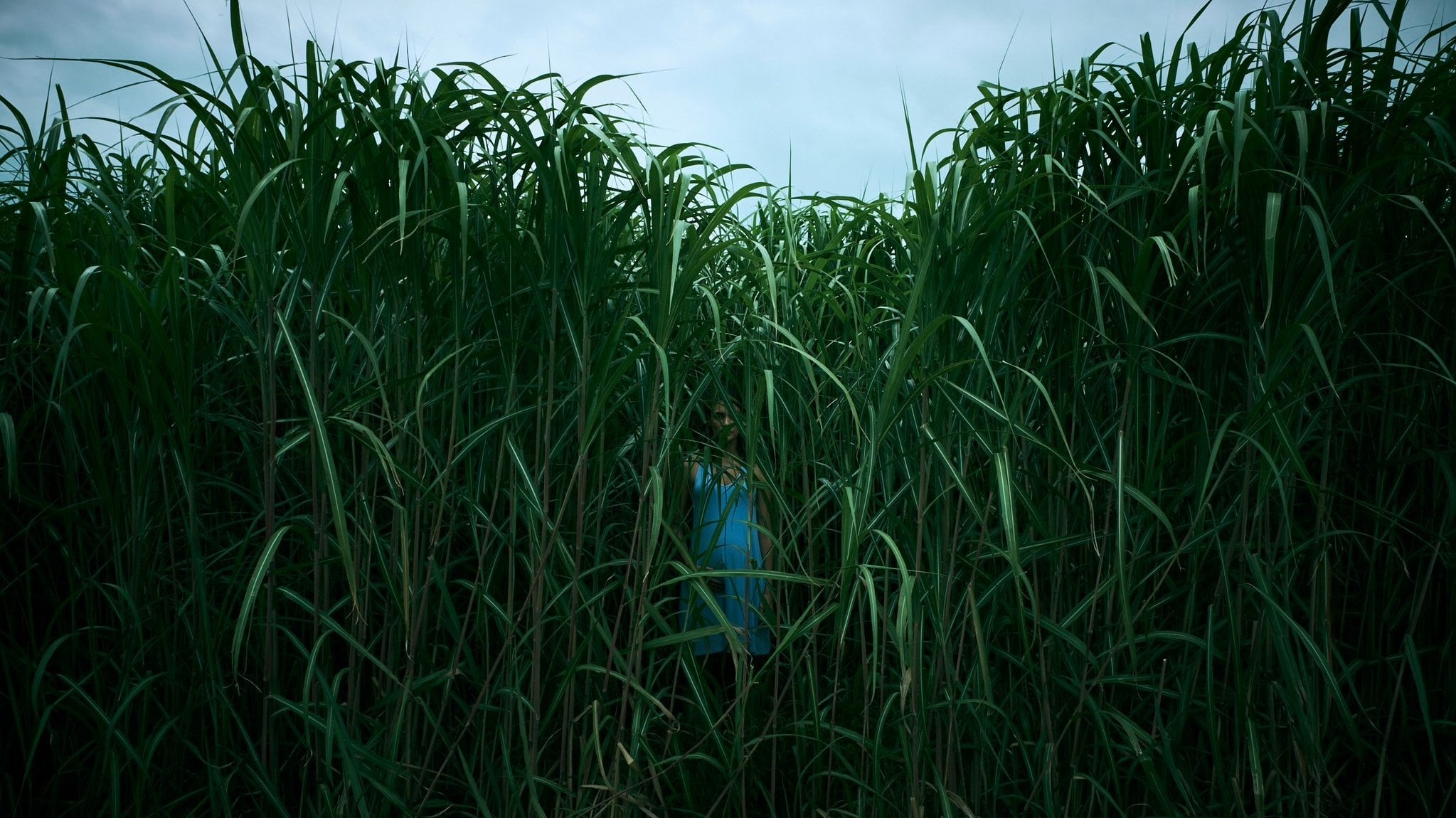
2019
In the Tall Grass
Horror, Drama, Thriller
6.0
User Score
2364 Votes
Status
Released
Language
en
Budget
$0
Production
Copperheart Entertainment, Mosaic
Overview
After hearing a child screaming for help from the green depths of a vast field of tall grass, Becky, a pregnant woman, and Cal, her brother, park their car near a mysterious abandoned church and enter the field, discovering that they are not alone and, for some reason, they are unable to escape a completely inextricable vegetable labyrinth.
Review
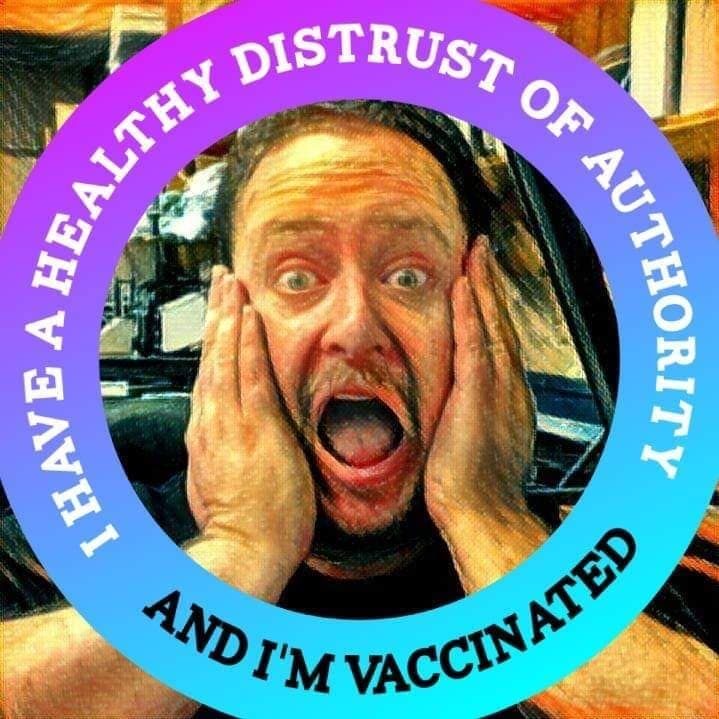
dalboz
4.0
“In the Tall Grass” is a Netflix film based on a short story/novella written by Stephen King and his son Joe Hill. A little disclosure that I have not read the original story, so I can’t attest as to how faithful this film is, so I’ll be looking at the movie on its own merits, as few as they may be.
We start with two siblings, Cal and a pregnant Becky who are travelling through Kansas (a plus here is that we have a story from Stephen King that does not take place in Maine) when they pull over to the side of the road when Becky gets morning sickness and they hear a boy calling for help from the tall grass field on the side of the road. They get separated from each other and realize that something weird is going on, that travelling in one direction doesn’t necessarily mean travelling in that direction and time is out of joint. Others that they meet in the field are Ross, played by Patrick Wilson, his son Tobin, his wife Natalie, and Lisa’s ex-boyfriend Travis.
Alright, so as more disclosure here, I filled in the names of these characters after looking them up. I honestly could not remember their names, that’s how much of an impression they left on me, with the possible exception of the boy because when we first see him he comes off really creepy. I mean, really, it’s not so much that you want any characters to die because they’re irritating. They’re just so cookie-cutter and stereotypical that they leave little to no lasting impression.
Another reason for this is that the audience can be a little too distracted by the grass itself. It does have a certain character to it, even if it’s nearly impossible to figure out. But I found myself distracted trying to figure out the grass, how it works, its motivations, at the expense of the human characters.
And here is where we run into another problem. Because most of the set looks the same, that being in the middle of a tall grass field, the filmmakers need to rely on a series of technical and visual gimmicks to keep the audience interested and focused. But they’re inconsistent and stand out when they use them (for example, one consistent shot that is a 360 degree rotation). They don’t feel natural. You see the gimmick instead of what the gimmick is trying to show you, although that’s arguable as they’re clearly proud of some of these visual effects. In addition, this being a horror movie, there are going to be jump scares, but jump scares are just about all there is for this horror movie.
The conclusion is pretty meh and isn’t really consistent with other parts of the movie from what we learn plotwise. All around, if you’re really a Stephen King or Joe Hill fan and have nothing else to watch, go ahead, but for most people I would say not to bother.
Read More 
themoviediorama
4.0
In The Tall Grass is overgrown with flimsy dialogue and a premise that needed landscaping. Stephen King seems to have an endless amount of material to adapt. So much so, that his son is mimicking the footsteps of his father by also writing horror-related fiction. When the two generations joined together to write a novella on a mysterious field, it should’ve harked back to King’s legacy as the legendary writer he once was. Sadly though, despite the faithfulness to the source material, it’s yet another King story unable to translate comprehensibly into a full-length feature. Two siblings, with one six months pregnant, stop outside an old church and venture into an endless field of tall grass when they hear a child yearning for help. This field however is enshrouded with a mysterious force that prevents anyone who enters from leaving, and so the two must survive the oddities of the tall grass before “something” or “someone” endangers them.
Massive ‘Triangle’ vibes from this story, except its conceptual complexities are less innovative and more mundane. Past, present and future selves are lurking within the swaying echoes of the tall grass, conveniently outlining the rules and boundaries of the field’s power. “The grass won’t move dead things” states an embattled young boy, whom had been lost for days. “The rock is the way out!”. Paradoxical in nature, this story had the capacity to be both atmospheric and tense, given the frustratingly claustrophobic environment. Alas, was not meant to be. Despite Wrobleski’s stunning cinematography that encapsulated the natural order of the field through stylised motion, particularly when visualising the field to be a living entity of its own, Natali’s one-dimensional screenplay forced certain characters actions and personalities to be questionably dull.
The extent of characterisation can only be surmised by the pitch at which they shout for each other. For example, Cal continually shouting “Becky? Becky? Becky with the good hair!?” is the maximum capacity at which we feel for his character. Becky then shouts for “Cal!”. Travis waltzes on in and shouts for “Becky?” and “Tobin!”. Ross is just shouting at himself about real estate. His wife is the most expendable individual with nearly zero lines (shouting included!). And the dog had more screen presence than the majority of characters. The dialogue felt inorganic, starkly contrasting the entire premise. Yes, the performances were all functional with what the actors were given, although Wilson as always goes above and beyond. But it’s not enough to carry a supernatural mystery that seeks to explain everything almost immediately. Unable to classify it as a horror, considering there was no legitimate threat/tension, although some eye-wincing gore was well-utilised.
The third act commences and the plot’s lunacy ramped up from confusion to diabolically non-sensical. Without spoiling it, stuff happens near a rock that resembled an incarnate of King’s worst tendencies in fictional writing. Unnecessary “creatures” are added into the mix, ironically adding nothing to the story. Then, as all films featuring time loops end, the characters miraculously close the loop before it even happened. So, what’s the point? Did they honestly learn anything from this ordeal to which they hadn’t actually experienced? Urgh.
It’s abundantly clear that Natali was unable to stretch King’s novella into a feature-length film, despite being a faithful adaptation. The technical excellence was dimmed by flimsy writing and limited characterisation that forced this supernatural mystery to be anything but mysterious. This is why we should all purchase a portable lawnmower, you never know when you’ll be stuck eternally in a field with a giant ancient rock in the middle...
Read More 